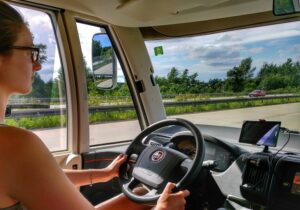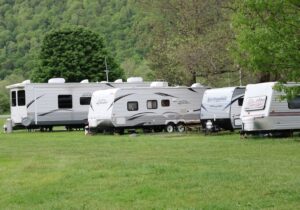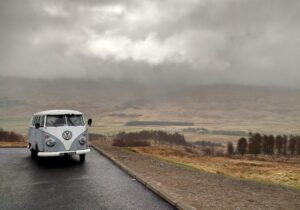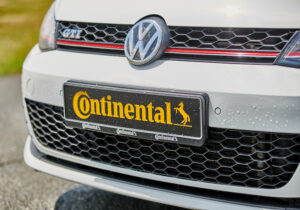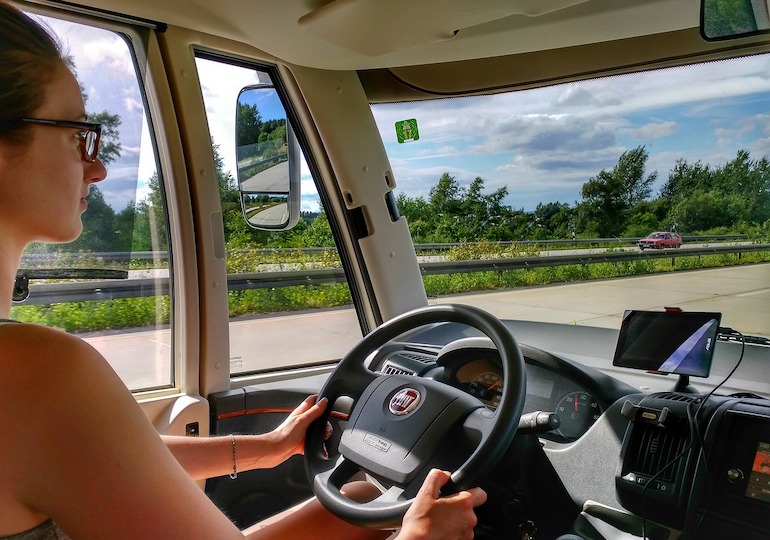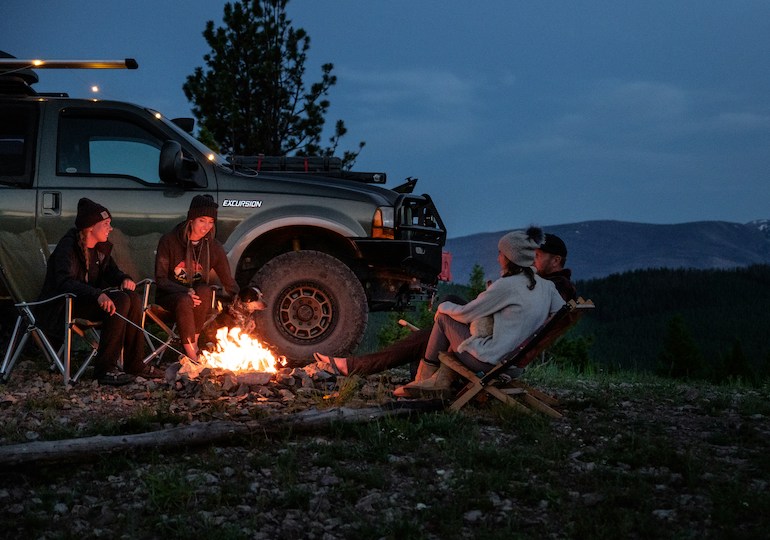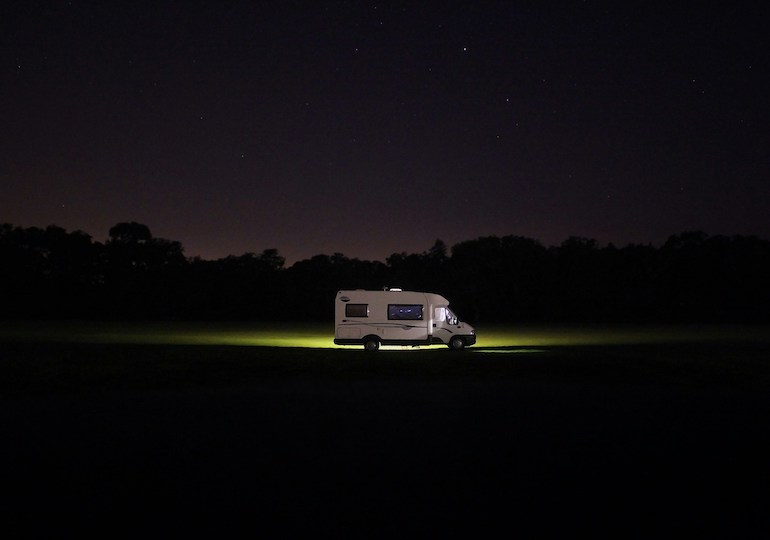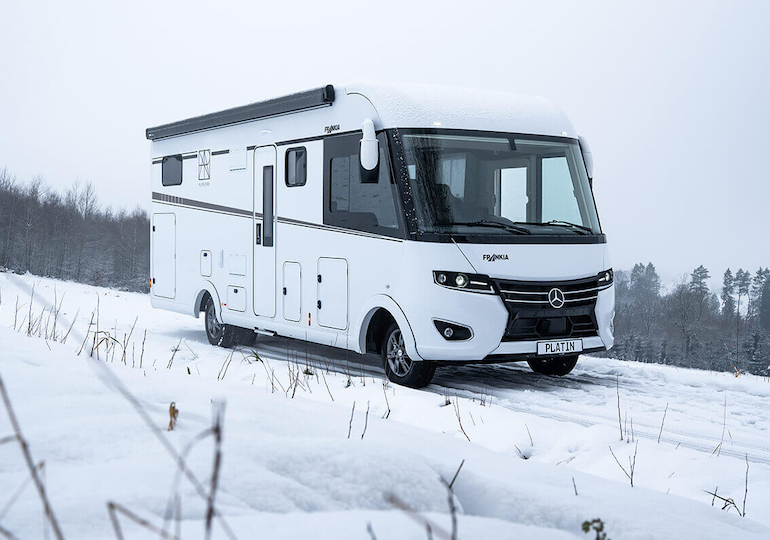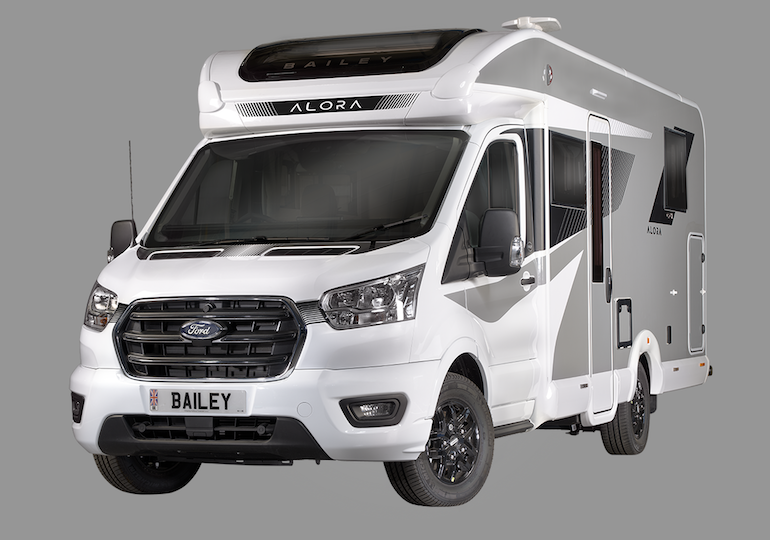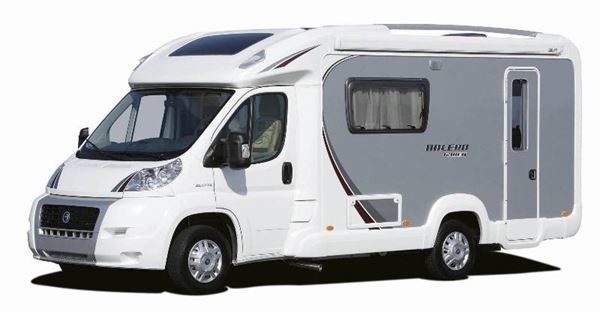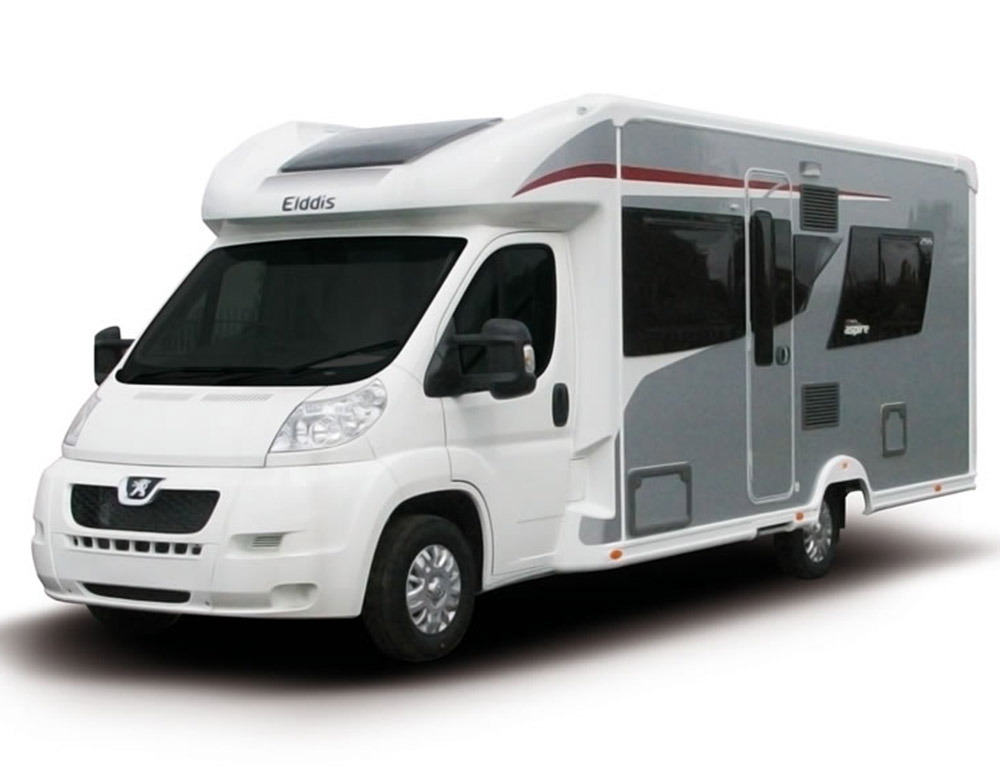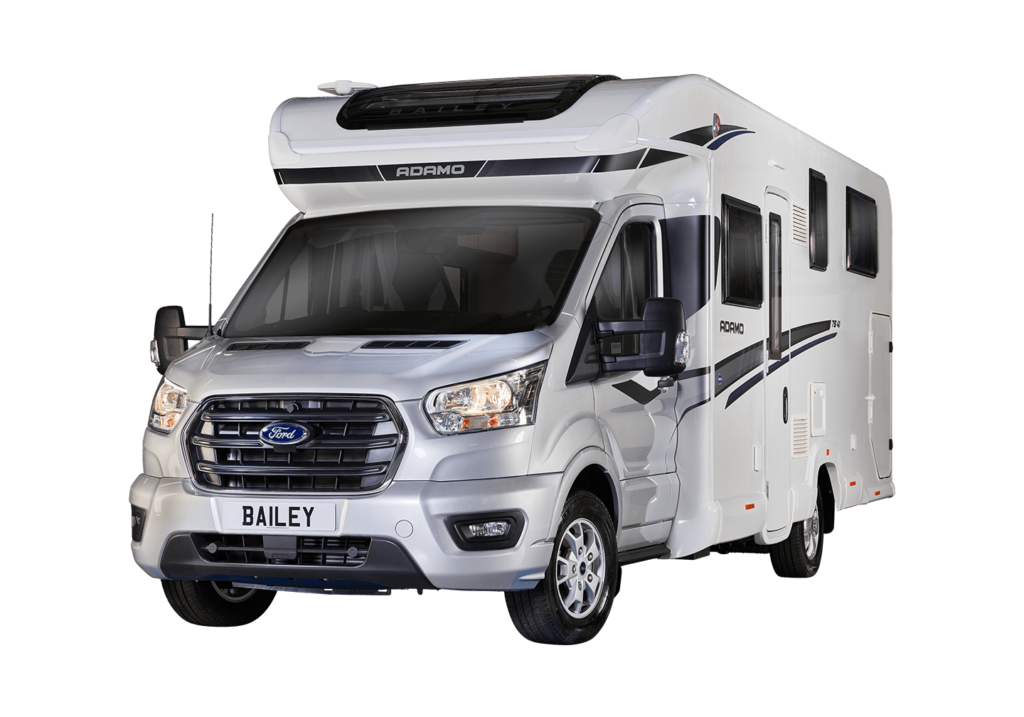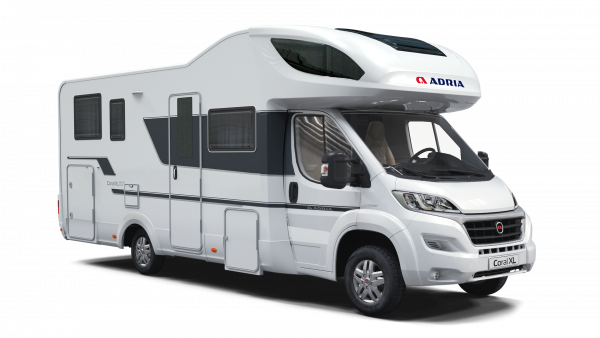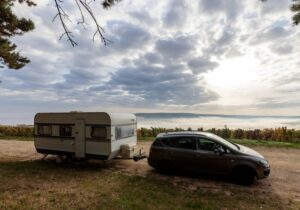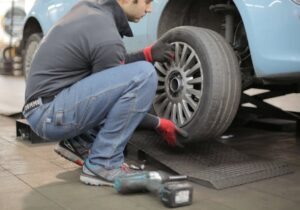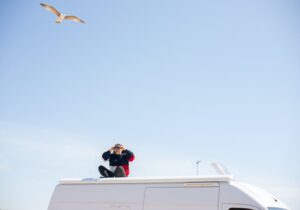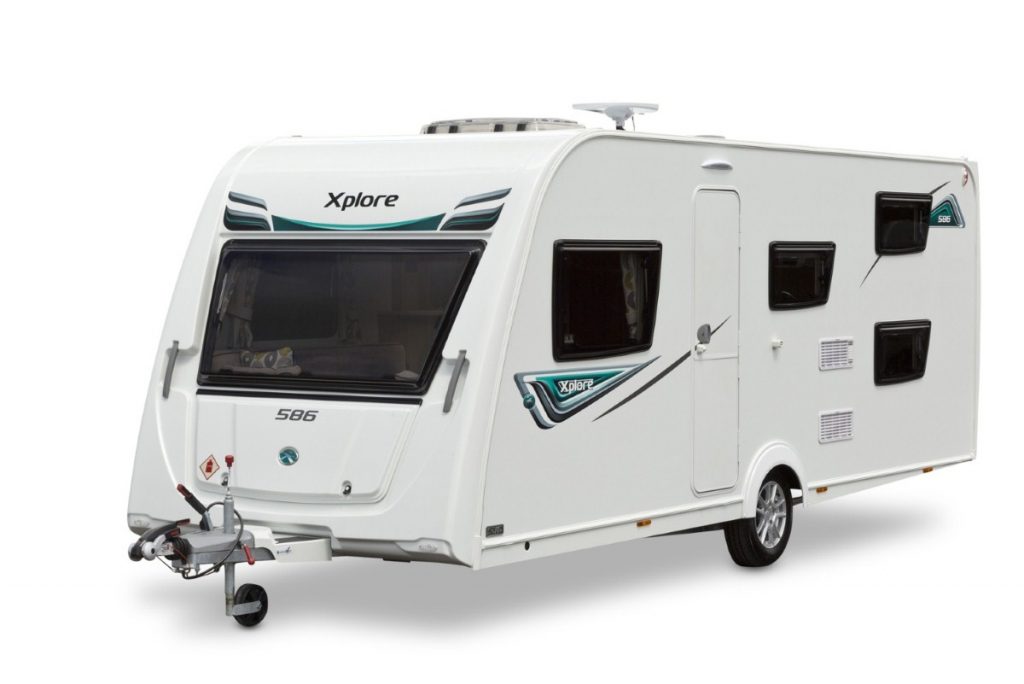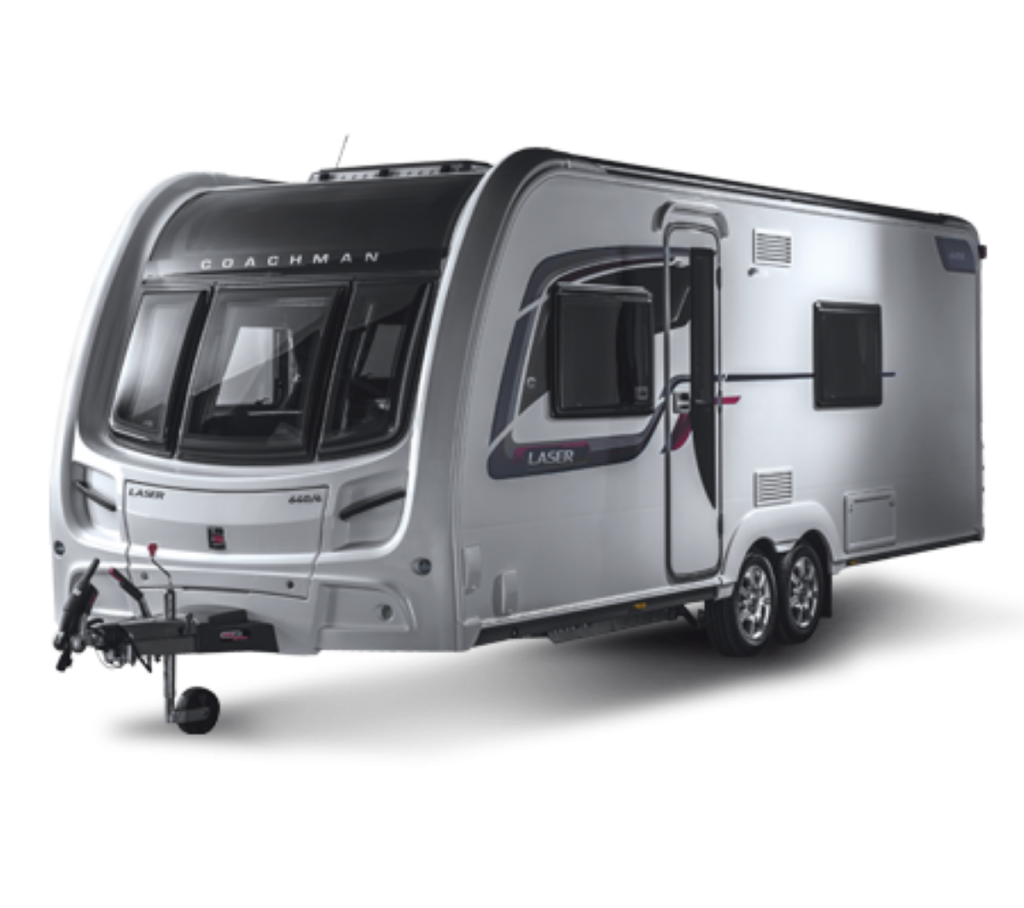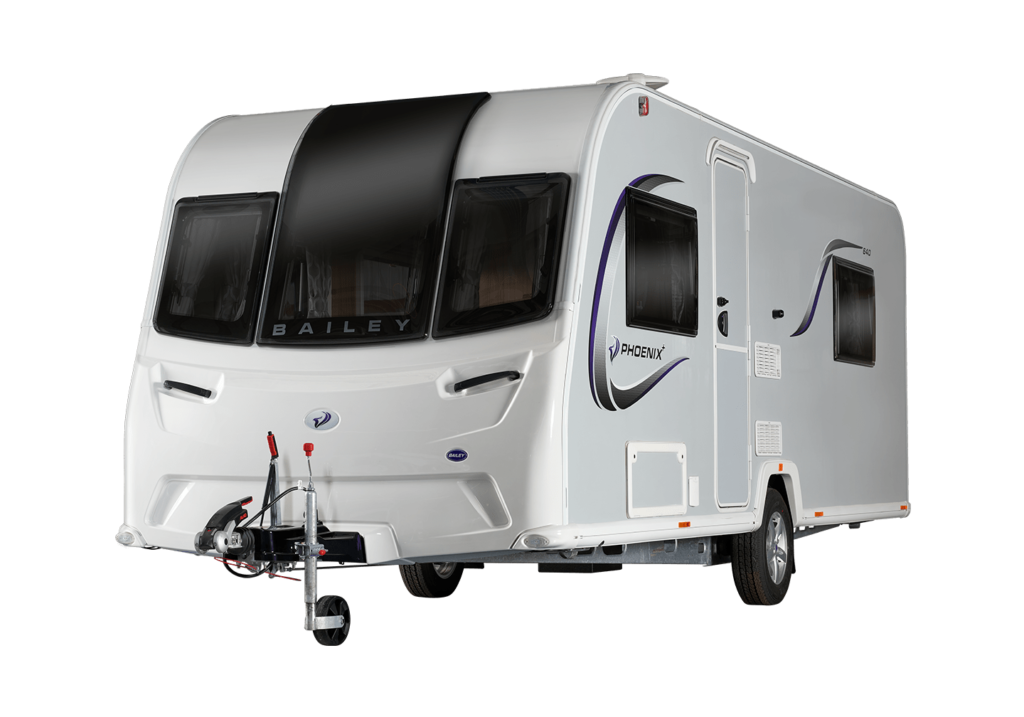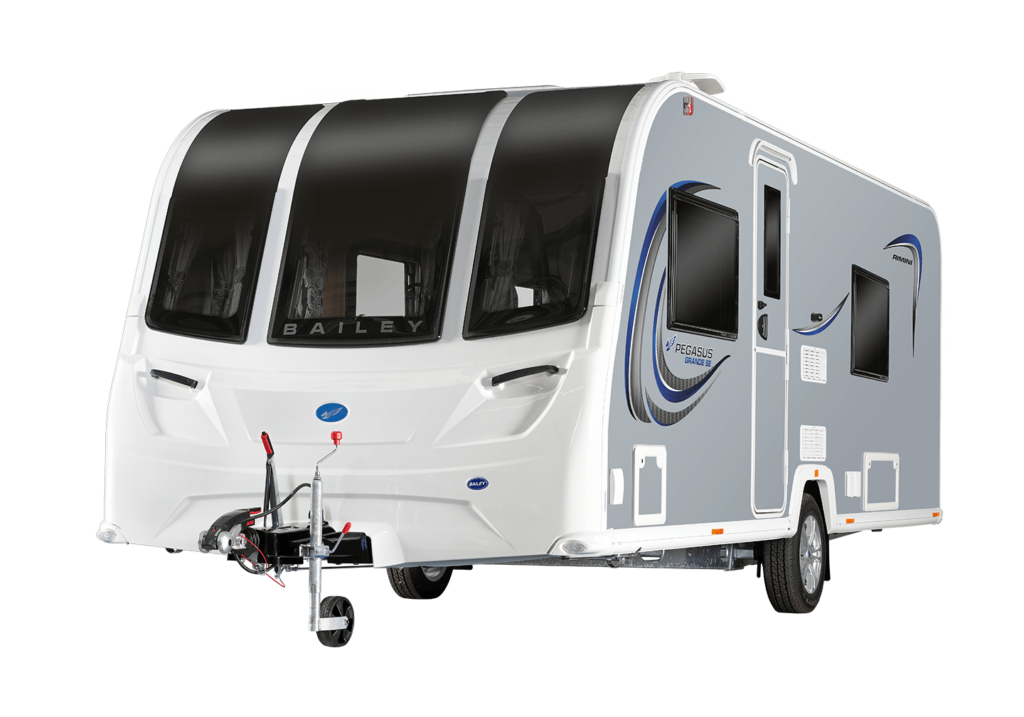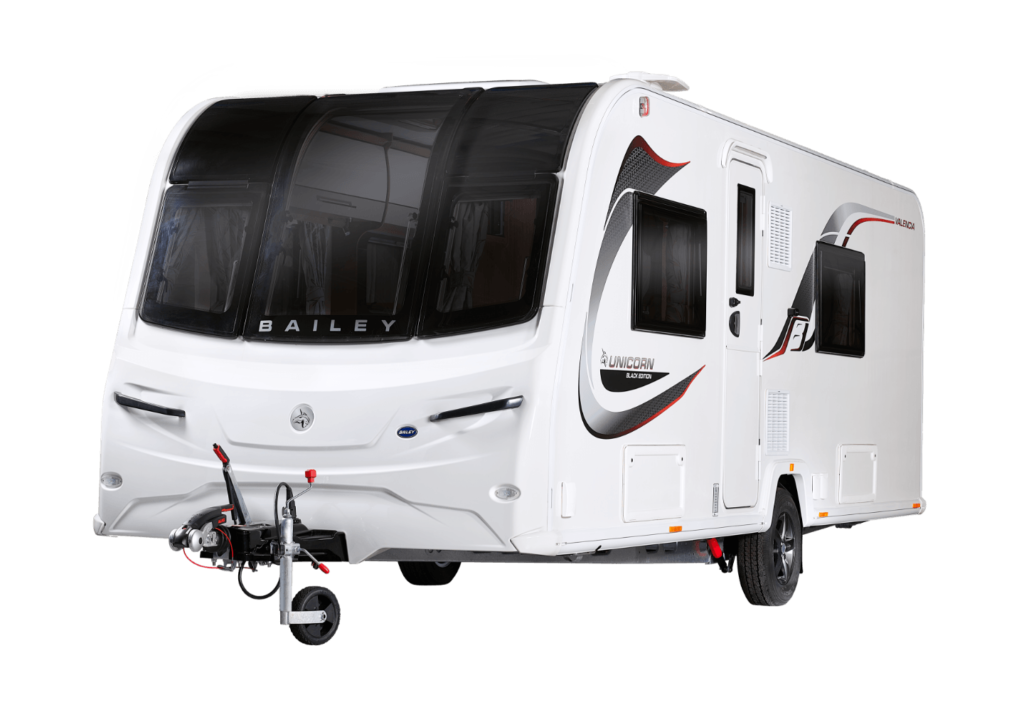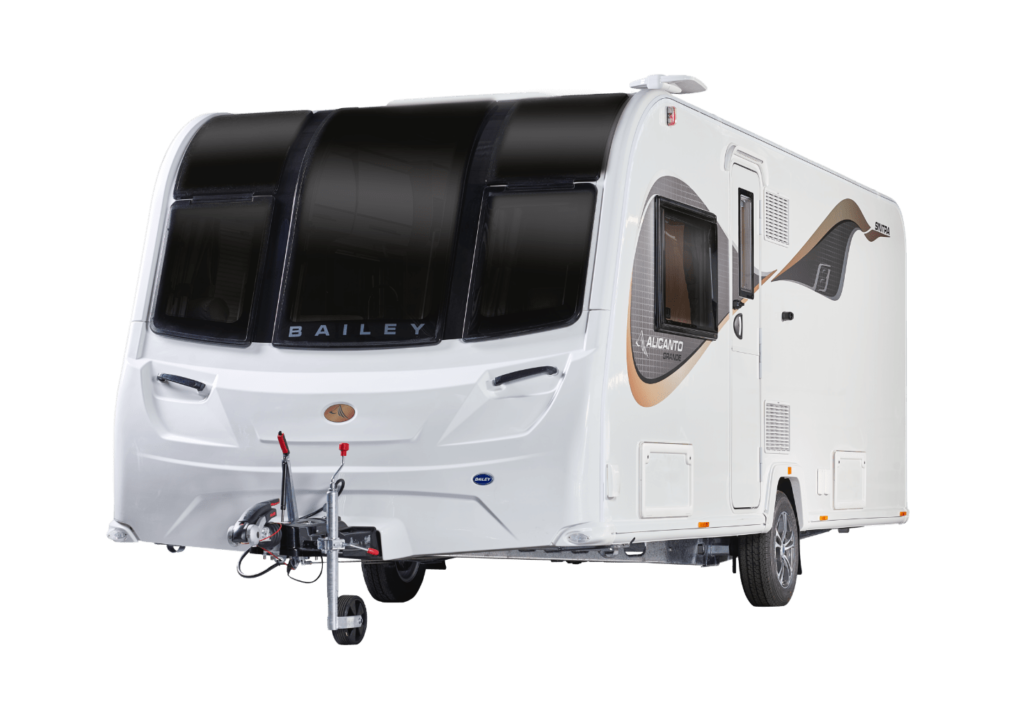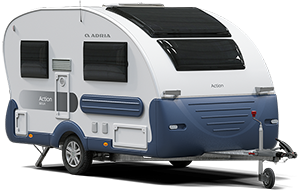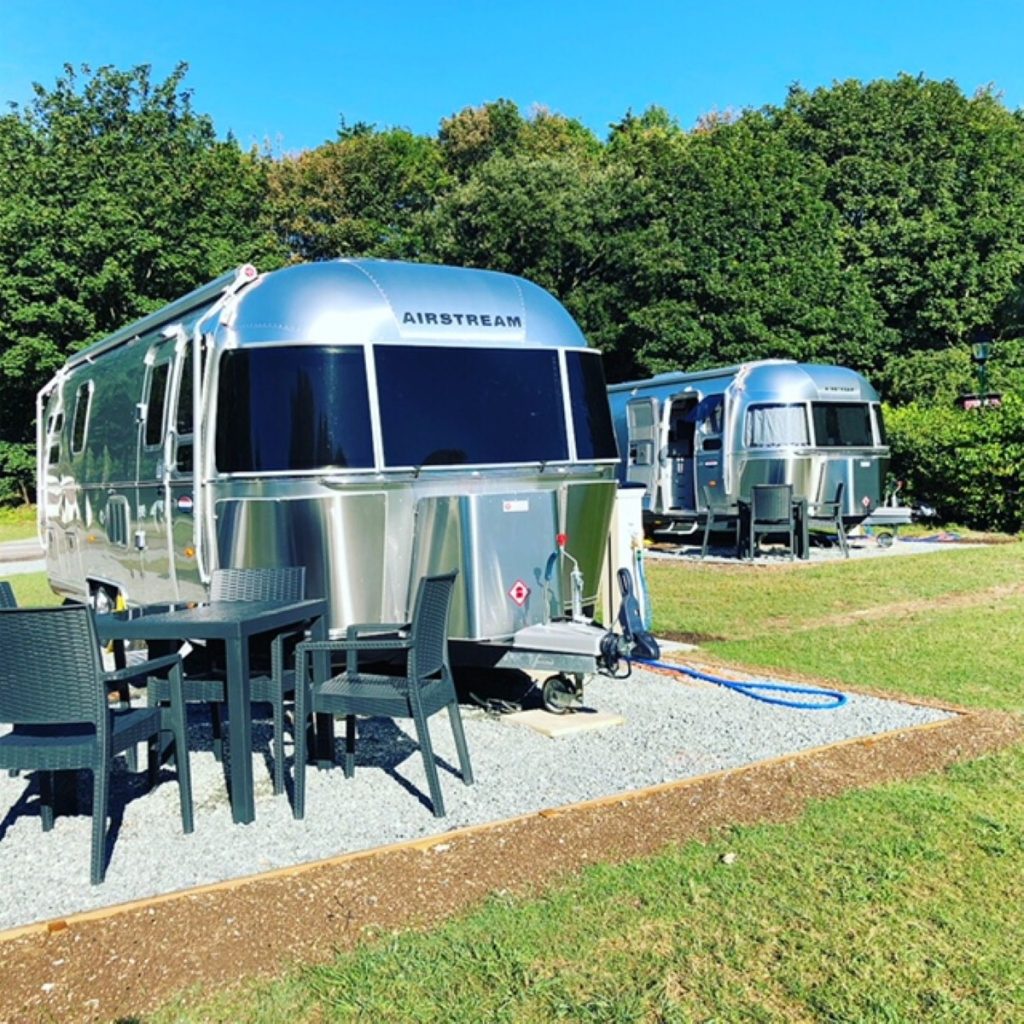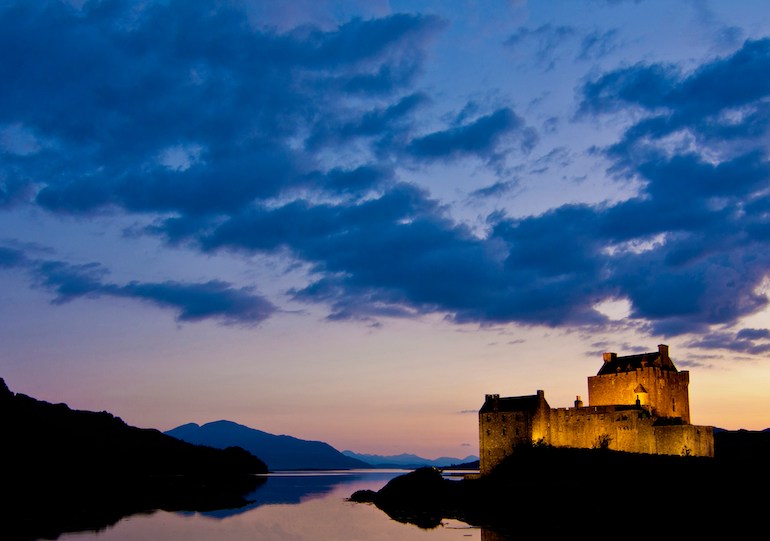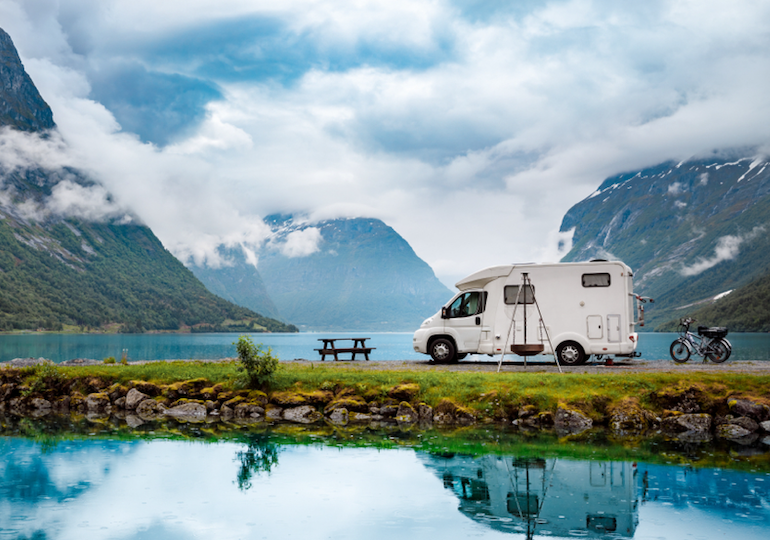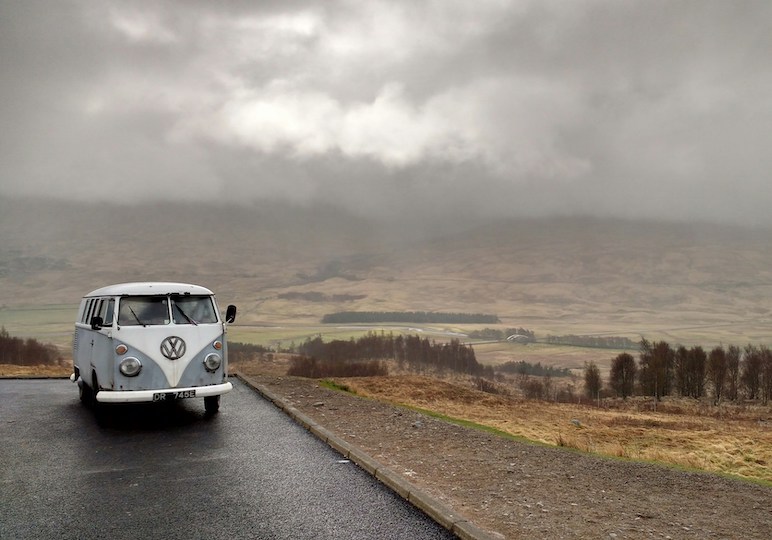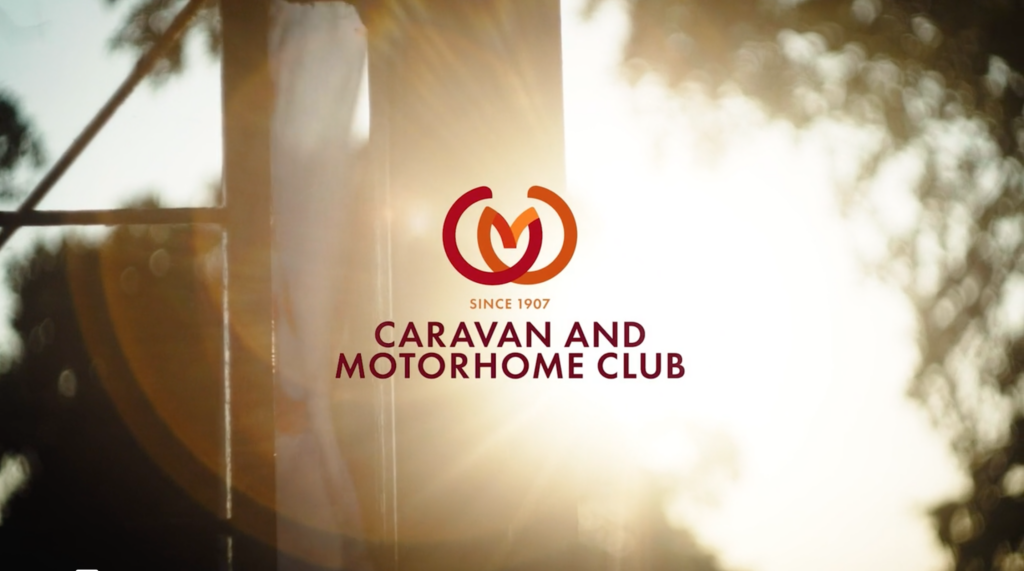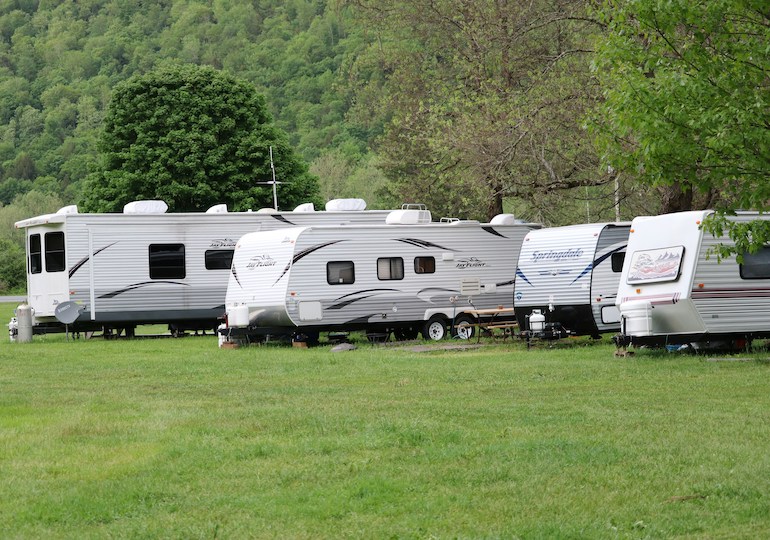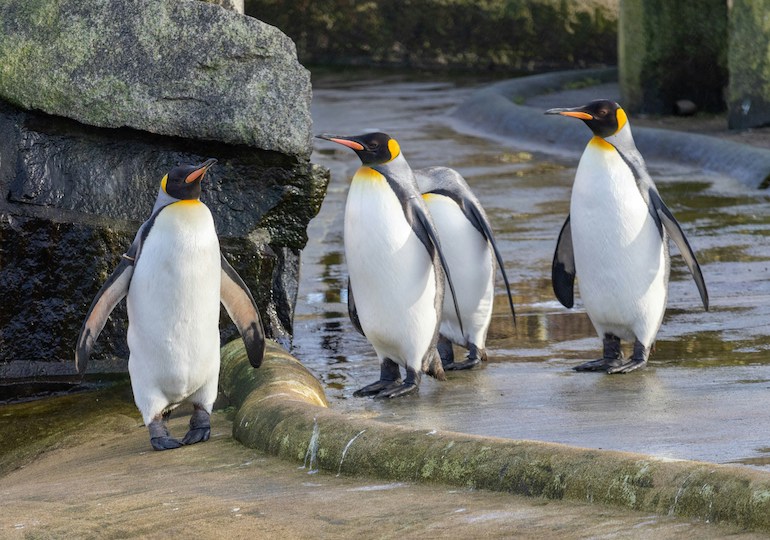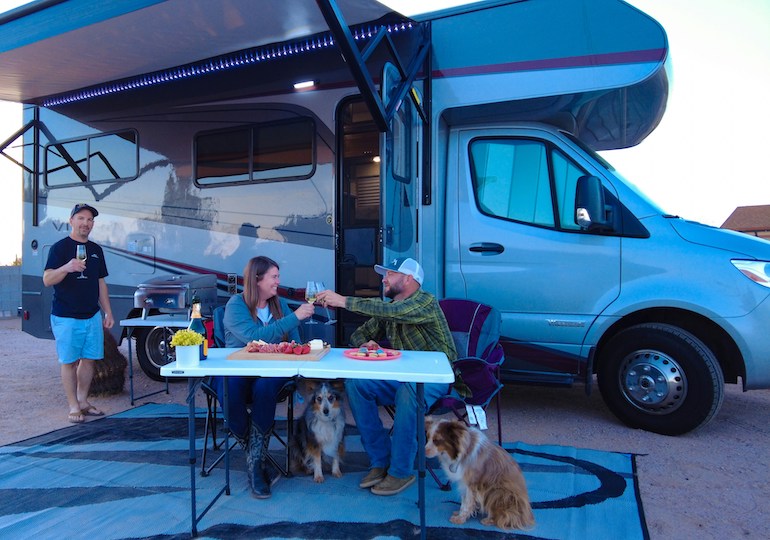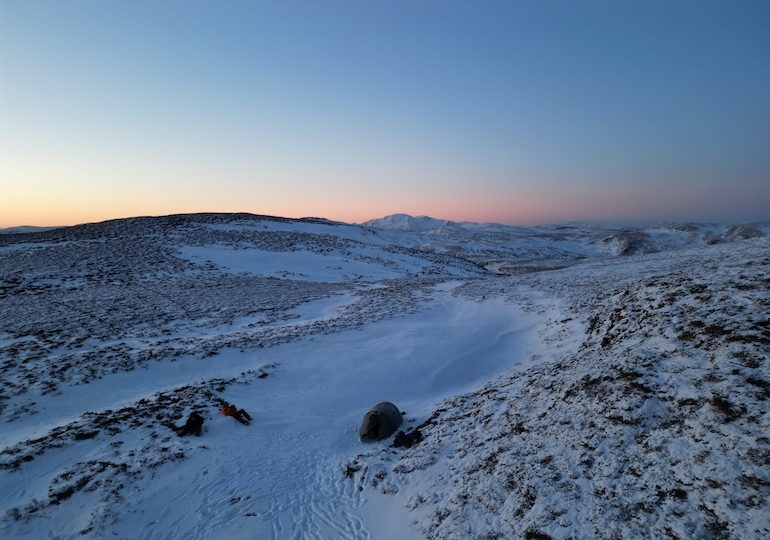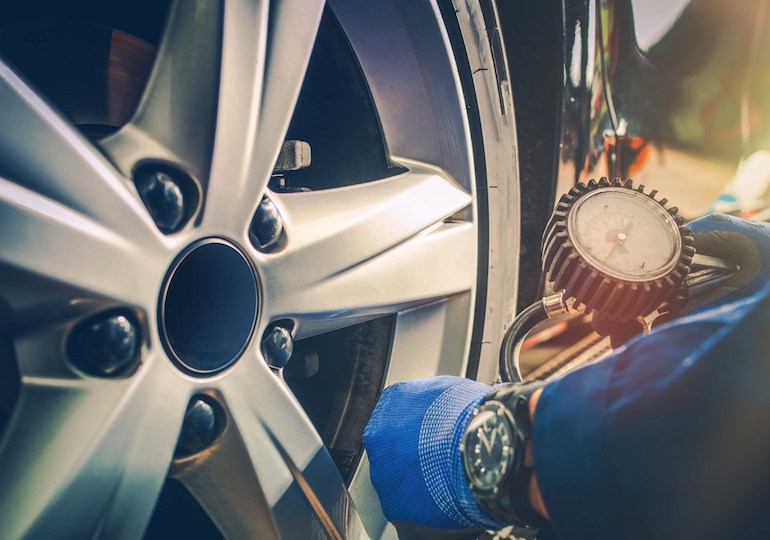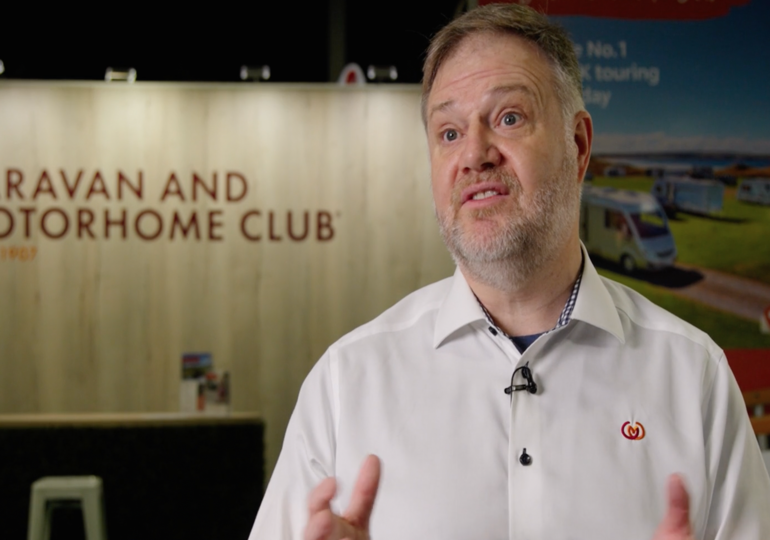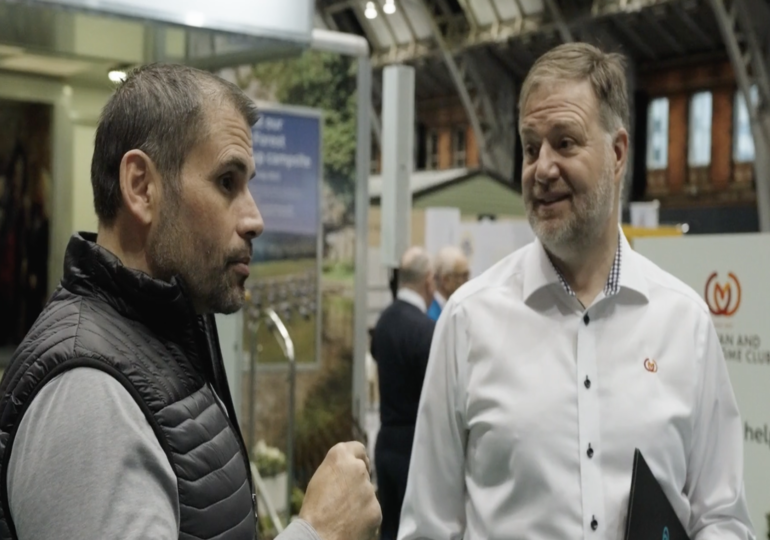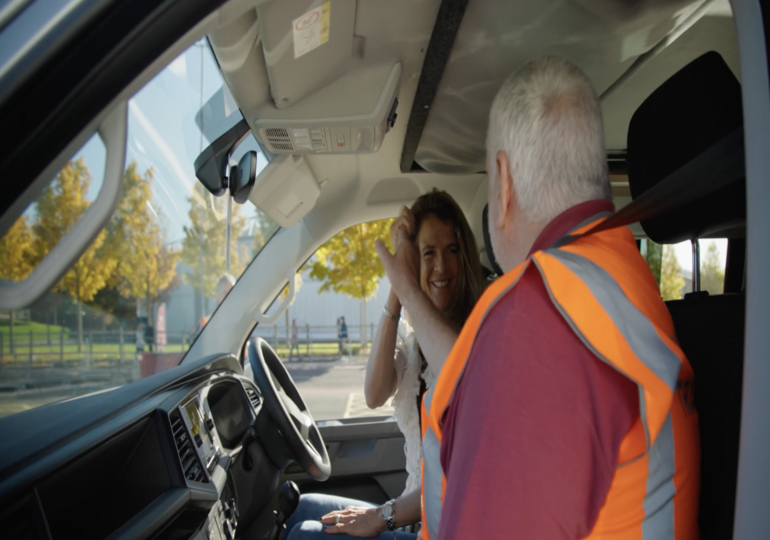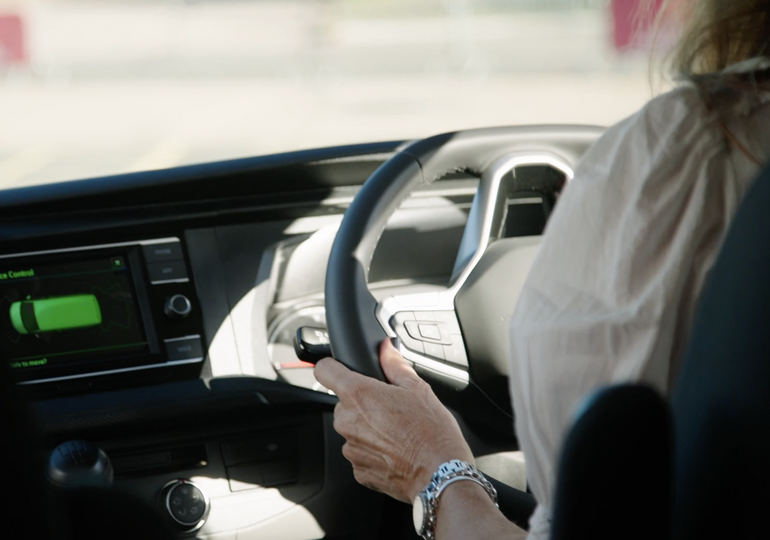Dan Cartwright has over 12 years of experience in the caravan and motorhome industry. He is a judge for a number of prestigious leisure vehicle awards and regularly heads off in his motorhome with his family. Every week, Dan shares his insights with the community. Here’s what he has to say this week.
This week, I’m going to talk about some of the things you should consider for longer and remote touring. As I’m sure our readers will be aware, we’ve currently got a crew wild camping in the desert as part of the Sahara Challenge. So, if the journey has inspired you to plan a long-distance adventure of your own, here are some top tips to help
Planning
Plan your route and where you’ll stop
Everybody likes the idea of “wherever I lay my hat, that’s my home”. However, in some parts of the world, having the security of a campsite is essential. As well as the facilities, you get the benefits of human interaction and safety.
Unfortunately, finding campsites in remote destinations can be a tricky task. Assessing when they’re open and how good they’ll be is difficult even for seasoned tourers. I strongly recommend making use of the Caravan and Motorhome Club overseas site network, which will provide an excellent start. Finally, don’t be afraid to simply pick up the phone and speak directly with sites if you have any questions or concerns.
Get digital
It’s more common than you might think for people to be overly optimistic about how far they can drive in a day. Operating a motorhome or towing a caravan can be very tiring. A good way to gauge your capabilities and prevent sleepy accidents is to use Google Maps – just input the rough time and date you’ll be on the road and it’ll give you an estimate, accounting for traffic conditions and other reasons for delays. This can be a huge help when planning your trip.
If you’re unsure about a particular place or find yourself having lots of questions, don’t be afraid to use social media. Ask people who’ve been there before or even those who live there. Local guides in particularly remote areas can also be invaluable, offering insight that many other people wouldn’t even know about.
Think about your kit
Keep your leisure battery charged. This is integral to a successful trip, as breaking down in a remote location means you’ll need to keep the lights on whilst awaiting rescue. You will undoubtedly need a more extended toolkit than you’d take on a short trip. Additional items for me include an electric tyre inflater, cordless drill, battery charger and a portable phone charger.
Protection
By protection, I’m not talking about physical things. What I’m saying is to make sure you’re fully insured and your cover is valid for every region or country you’re intending to travel through. I strongly suggest you take out holiday continuation insurance as part of your policy and the CAMC has a gold standard in this area. Additionally, find out whether or not your mobile phone will work in these destinations, accounting for roaming charges – you might want to purchase separate SIM cards to ensure you’re able to stay in contact at an affordable price.
On the trip
Keep things topped up
Where possible (and if you can afford the extra weight), take two gas bottles and potentially two leisure batteries as well. Keep them charged, even if you need to buy a separate charging system for the second cell.
Mobile phones should be charged straight from the vehicle whilst driving a motorhome and, again, consider taking multiple cells for this too. If you do have the weight allowance, consider travelling with a full water tank and make sure you have at least ten litres of drinking water available at all times.
Use common sense
This applies to all aspects of travel but is especially important when touring in remote areas. As I mentioned earlier, give yourself and your itinerary breathing room, don’t drive too far at once and if you don’t like the feel of a destination, it’s probably a great indication that you shouldn’t stay there! Allow time to travel back or onwards to a new location.
Likewise, with smaller problems that might arise with your vehicle, take the appropriate time to get them fixed. If you choose to ignore them and continue on your journey, I guarantee they will become much larger issues. If it’s not something you can fix yourself, seek help from a professional.
Respect other cultures
Consider the culture and customs of your destinations whilst travelling and how your holiday might be impacted. This could include religious practices, food availability, clothing rules and even things like what time restaurants open. If you’re heading very far away from the beaten path, it’s worth remembering that locals might not have a lot of experience with tourists and, as such, keeping that phone alive to use Google Translate could be a lifesaver.
All of the above may seem like pretty basic ideas, but they will make your adventure that much more fun whilst you’re on it. Have fun touring!
Photo credit: Clément Proust / Pexels


